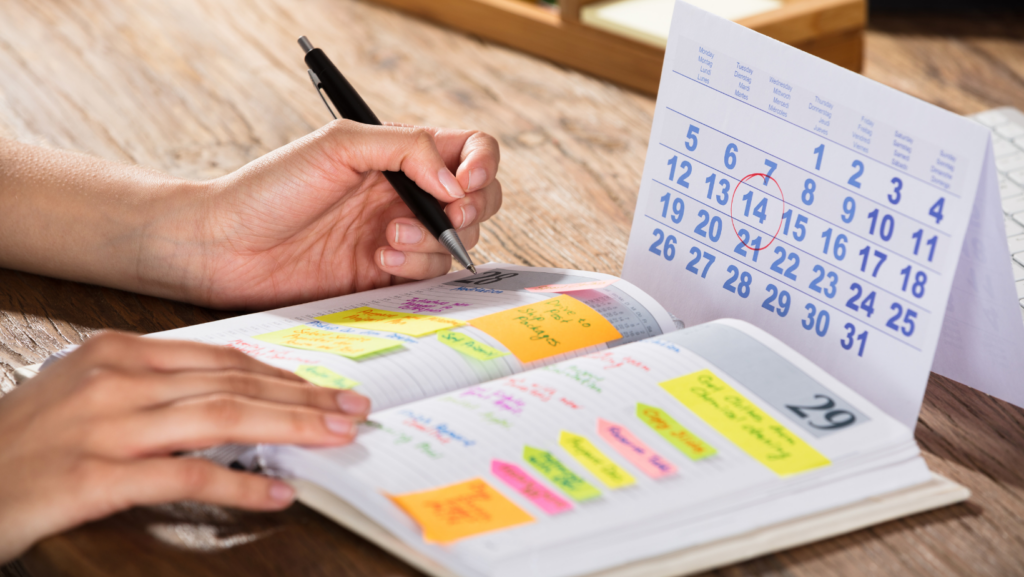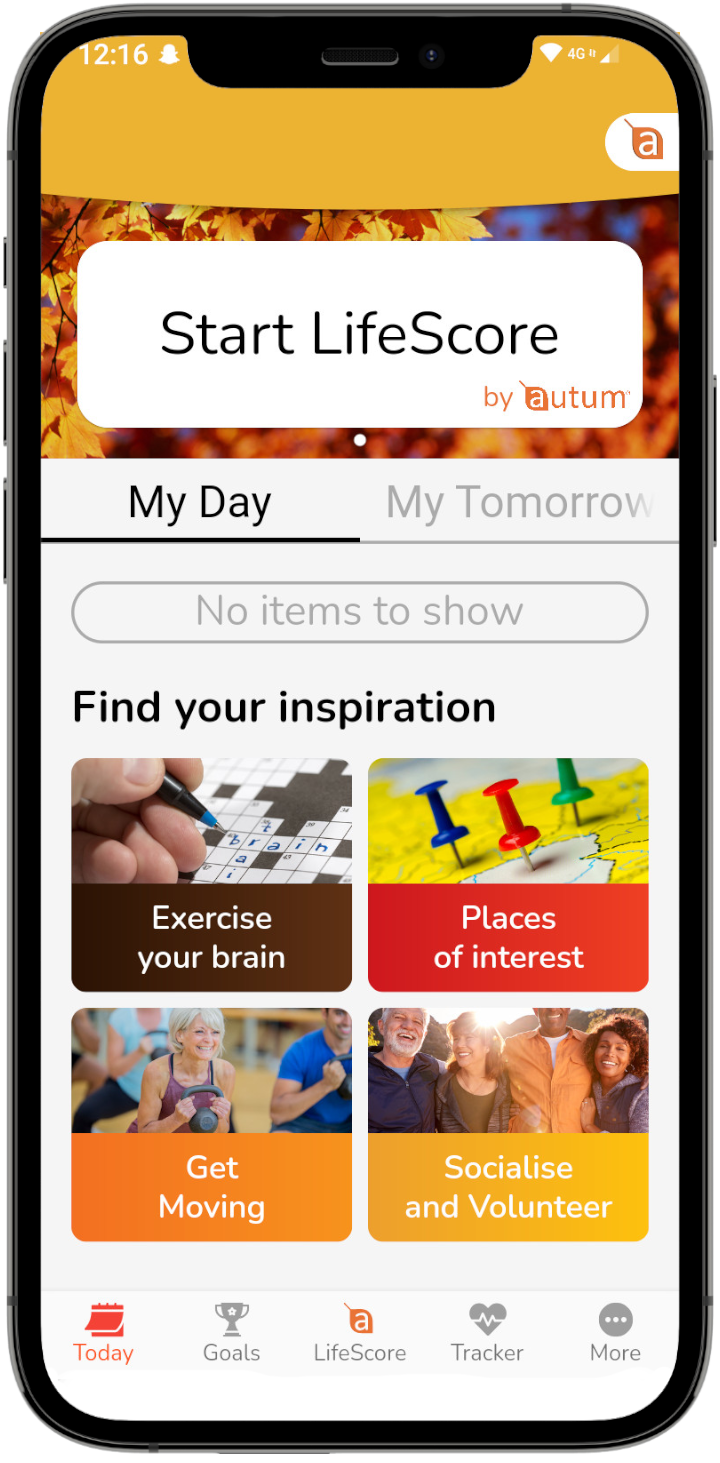When asked on a Monday morning what you did over the weekend, do you find yourself scratching your head? It’s astonishing how time slips away like grains of sand through an hourglass, leaving us with a blur of unmemorable moments. Looking back, how many of those grains were frittered away on social media, internet surfing, email responses, or mindlessly binge TV streaming? As a result, the tasks we intended to complete get pushed to the “to-do” list for the next weekend.
The adage “what you don’t measure, you can’t change” holds true, even when it comes to making the most of each day and cherishing every minute. While it might be challenging to accept, the more time you have, the more structure you require to maximise every day’s potential.
Another wise saying, “If you want to get something done, ask a busy person,” is also on point. Busy individuals tend to be more organised, allowing them to make more efficient use of their time.
My introduction to the concept of breaking a day into units came from the 2002 film About a Boy, by Nick Hornby. In the movie, the main character, Will Freeman, portrayed by Hugh Grant, shared his method for managing his day:

“I find the key is to think of a day as units of time, each unit consisting of no more than thirty minutes. Full hours can be a little bit intimidating and most activities take about half an hour. Taking a bath: one unit, watching countdown: one unit, web-based research: two units, exercising: three units, having my hair carefully dishevelled: four units. It’s amazing how the day fills up, and I often wonder, to be absolutely honest, if I’d ever have time for a job; how do people cram them in?“
The hourglass and activity units
Three crucial points emerge from this approach:
- Before you change anything, you must first observe your daily routines. Evaluate which of these are necessary and their ideal duration.
- Select your unit of time. It could be a day, but that might feel too long. Alternatively, it could be an hour, or as Will Freeman suggested, 30 minutes. Personally, I prefer an hour.
- Plan ahead at the start of the week. Sunday is an excellent time for planning. Schedule in your work and agreed commitments, then arrange your other activities around these.
To get the most out of the week and for your own wellbeing, ensure that you include a variety of physical activities (aerobic, strength, balance), learning to keep your mind sharp, yoga or mindfulness for relaxation, and social engagements to stay connected with loved ones and the community.

By planning at the start of each week, you can achieve a better balance of activities and, where there are types of activities you don’t currently do, consider how to incorporate them. New habits are easiest to adopt when they follow an established habit (e.g. after morning coffee), are logically placed (e.g. in the proximity of a preceding activity), can be done with like-minded people, and offer an immediate reward. Of course, a new habit should start very small, so that it is easy and takes no more than 5 minutes.
Within our 24-hour day, reserve 8 hours for sleep, with a consistent bedtime, and allocate one hour for winding down before sleep. This leaves 15 hours or 15 hourly units each day. Given the considerable distractions of emails and social media, I recommend scheduling an hour at the start and end of the day for reading and responding to messages. This leaves us with 13 hourly units.
Here’s a sample list of activities that could fill those 13 units each day:
- Morning washing and dressing (evening is included in the wind-down time before bed): 1 unit
- Chores, including shopping, cleaning, bills, and errands: 14 hours per week or 2 units each day
- Cooking and eating: 3 meals or 3 units
- Physical exercise, including changing and showering: 1 unit
- Learning, puzzles, reading: 1 unit
- Socialising with family, friends, and the community, and volunteering: 2 units
- Meditation, yoga, spiritual practices, or personal time: 1 unit
- Travel: 1 unit
- Flexible free time: 1 unit
Not all activities need to be done daily, so plan a variety of activities over a week. For example, socialising may be 4 units each day over the weekend, but 1 unit per day during the week. Equally, physical exercise may be 3 times per week, but 2 units per event. Also, good time management, such as advanced meal planning may reduce the time required for shopping and cooking.
Of course, your own activities and unit allocations may vary significantly.
This is an iterative process; after experiencing the planning based on your initial observations, reflect on how it felt at the end of the week— what worked and what didn’t? Make adjustments to the following week and observe the results.
In summary, maintaining a healthy lifestyle involves embedding a range of good habits, and the best way is by planning your week and juxtaposing tasks you want to do with those you should do. It’s astonishing how much more fulfilment and productivity can be derived from a day when it’s organised. The best way to prove this is to try it for a few weeks.
To help us make Britain one million biological years younger take our autum Lifescore calculator to determine your biological age and use our autum app on Android or IOS to help improve your biological age today!


